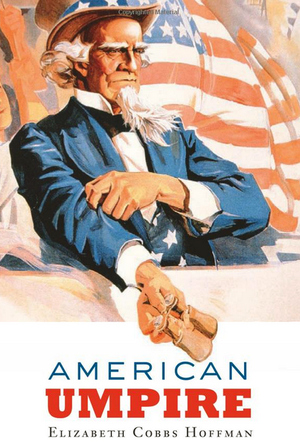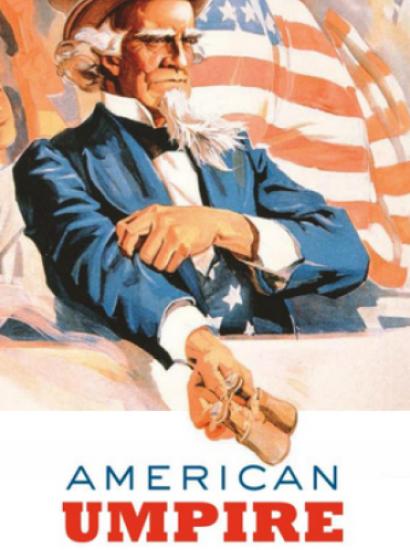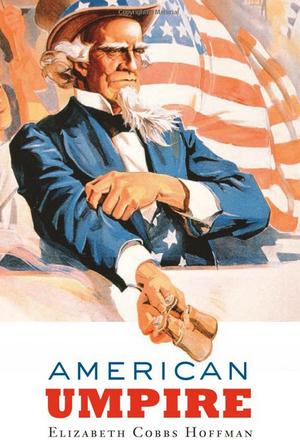
As the presiding superpower, the United States has frequently been labeled an empire whose actions-- constructive, destructive, and benign—have had deep consequences on the world stage. In her latest book Hoover research fellow Elizabeth Cobbs argues that, since its formation, the United States has been an umpire, compelling the nations of the world to adhere to rules that have come to form the norms of modern statecraft.
Tracing the roots of US foreign policy from the days of George Washington to those of Franklin D. Roosevelt, Cobbs argues that the United States has acted as both lever and fulcrum, managing the major transformative events that drew a curtain across the age of empire and ushering in the era of the modern nation-state. Cobb maintains that Western values, often criticized for their dominance and manner of integration, were, in fact, the result of a natural, global shift. Throughout the book, Cobb traces three values--access to opportunity, arbitration of disputes, and transparency in government and business–to find that what distinguishes the United States is not its acceptance of these values but its willingness to persuade and coerce other nations into compliance.
American Umpire makes a strong case for US foreign policy, offering a powerful framework with which to assess our country's role on the world stage during the past 250 years. Cobbs’s analysis is thorough and critical, pointing out situations in which the United States both upheld or violated the rules it championed as well as the costs (both fiscal and psychic) the nation has endured. Most important, the book posits an urgent question about the current nature of the international system: If the United States will not enforce the rules, then who will?















